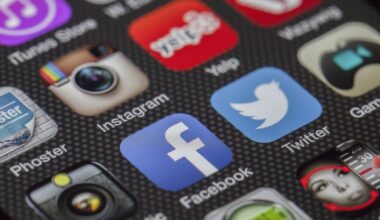The advent of artificial intelligence (AI) has significantly altered various industries, and content creation stands at the forefront of this transformation. ChatGPT, among other AI language models, represents a pivotal stride in the realm of AI-powered writing, sparking conversations about its potential to revolutionize the landscape of content creation. The intriguing question arises: Will AI writers take over the world of writing?
The Evolution of AI in Writing
AI-powered language models like ChatGPT are the culmination of advancements in natural language processing (NLP) and machine learning. These models leverage vast datasets to understand language patterns, enabling them to generate coherent and contextually relevant text based on provided prompts or instructions.
Impact Across Industries
AI-powered writing tools have made considerable inroads into diverse industries, offering a spectrum of applications. From generating articles, creating marketing content, facilitating customer support, to aiding in research and data analysis, AI writers have showcased their potential in enhancing productivity and streamlining content creation processes.
Augmenting Human Creativity
Contrary to replacing human writers, AI serves as a complementary tool, augmenting human creativity and efficiency. These tools offer valuable support by providing quick insights, generating ideas, and even refining drafts. The collaboration between human intellect and AI capabilities often results in more refined, diverse, and innovative content.

Challenges and Ethical Considerations
While AI writers showcase remarkable abilities, challenges persist in their capacity to comprehend nuanced contexts, emotions, and cultural subtleties. Ethical concerns regarding plagiarism, bias in generated content, and the imperative need for human oversight underscore the importance of responsible AI usage.
Envisioning the Future
The proliferation of AI writers portends a future where content creation becomes more accessible and efficient. Industries reliant on written content, such as publishing, marketing, journalism, and e-commerce, may undergo a transformation in how content is produced and consumed.
Human-AI Collaboration
The true promise of AI in writing lies in a collaborative partnership between human writers and AI technologies. This partnership envisages scenarios where AI assists writers in research, fact-checking, and idea generation while humans infuse their creativity, emotions, and unique perspectives into the narrative.
The Evolving Landscape
As AI continues to evolve, its impact on content creation will likely expand. Striking a balance between harnessing AI’s capabilities and preserving human creativity will be pivotal in defining the future of content creation.
The rise of AI-powered writers, epitomized by platforms like ChatGPT, signifies a transformative phase in content creation. While AI demonstrates immense potential in generating text, its true strength lies in collaboration with human writers. Together, they can unlock new avenues for innovation, efficiency, and diverse content creation, shaping a landscape where human ingenuity and AI capabilities converge to redefine the art of writing and content creation.










